
.jpg)
I’m super excited to begin my Friday Photo Tips series! I hope that everyone will find something useful or inspiring in these posts. Feel free to keep sending me questions and topic ideas as we go along.
So in the words of Fraulein Maria, let’s start at the very beginning, a very good place to start!
I often get asked, “What’s a good camera to get?”
That’s practically an impossible question to answer without knowing, how you plan on using your camera. Well you might say, “To take good pictures of course.”
That’s like asking, “What’s a good car to get?” You can’t answer that without knowing where you plan to drive it most of the time. Is it in the city, on highways, or dirt roads? Do you need lots of cargo or passenger space, horsepower or fuel efficiency, or is it just a pleasure car to take out on sunny days. While a little red convertible might be super fun to drive along the Adriatic Coast, it wouldn’t be much fun off-roading or getting through one foot of snow. Likewise, a monster SUV wouldn’t get you very far through the side streets in a medieval Italian city. A zippy little Vespa in that case would be the better choice.
Think of a camera as a tool and different cameras have different capabilities or specialties. This is why it’s really important to thoughtfully think through how and why you would use a camera to take photographs in order to match your photography needs with the camera that has the corresponding specialties. Don’t be surprised if your photography needs don’t point to the “perfect camera,” because there really is no such thing. We often want one gadget to do everything and that’s just not possible. There will always be tradeoffs, like portability vs. image quality. So the best thing to do is to determine your budget and look for a camera that fits the criteria you would use your camera for most.
Here are some questions to consider:
Do you like to carry your camera with you a lot in your pocket or purse, so size and portability are most important?
Do like to have more control over the pictures you take and want to grow into more advanced camera techniques?
Do you want to have the option of changing lenses?
Do you want a digital camera or would you prefer to use film? (Had to throw that in for the great film lovers and still a very worthy question to consider!)
Do you intend to do any digital post processing like in Photoshop or do you want to have certain creative effects done ‘in camera.”
Do you like to take pictures of large groups of people, family gatherings, scenic panoramas, so needing a wide angle lens is important.
Do you like to take pictures of details in the environment like birds high in the sky, close ups of your child sprinting in track, or ladybugs in your garden? Then maybe you need a strong zoom or macro lens.
Do you take pictures mostly in low light and prefer not to use a flash and so you need a camera with high ISO settings and/or large aperture lens?
How large do you plan to print you images? (Unless you are planning on printing movie sized posters or billboards, you don’t need the highest megapixel camera out there.)
If you are not sure, how to answer some of these question, then have a look at the kinds of pictures you’ve taken over the last few years and see if you can come up with some themes and patterns. It’s really important to understand your photography habits and then also to look at where you would like to go with it. Maybe there are some images you admire and would like to learn how to take pictures like this or that photographer. Try to identify what makes those images unique and look for the camera that has the specifications that can achieve those looks.
Remember the camera is just a tool, and it’s important to have the right tool, but it is more important to know how to use a camera effectively. I often see people sporting high end SLR’s (Single Lens Reflex Cameras, in other words, not your pocket point and shoot) and yet they don’t take their camera out of the green box mode. Why bother lugging around a big camera when you’re using it as a basic point and shoot?
In the upcoming posts I’ll be looking at what different camera specifications mean and how they affect picture quality. In the meantime, whether or not you are shopping for a camera right now, consider making an inventory of your current photography habits and aspirations if only just to identify what your strengths are and areas for potential growth might be.
Happy Inventorying!

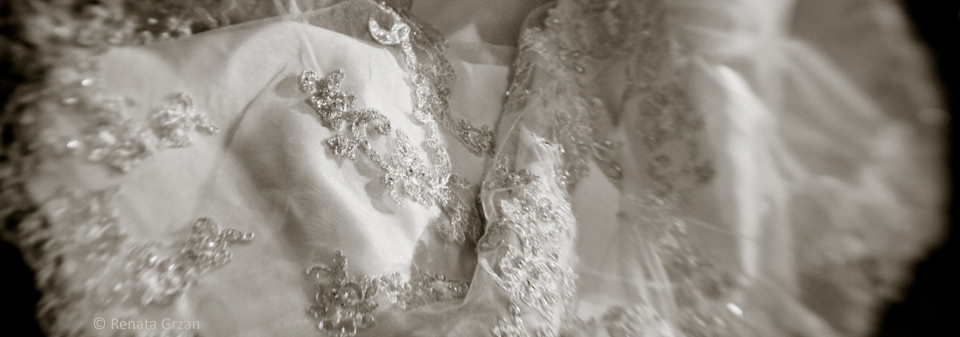
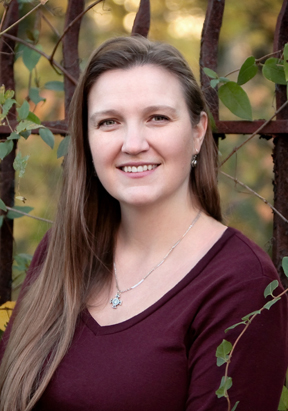
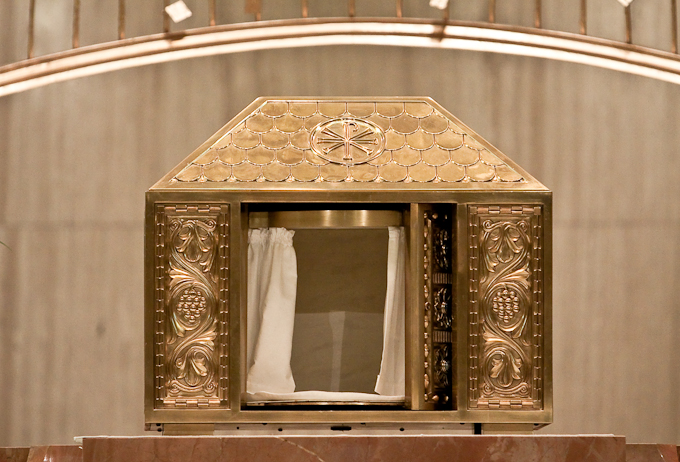
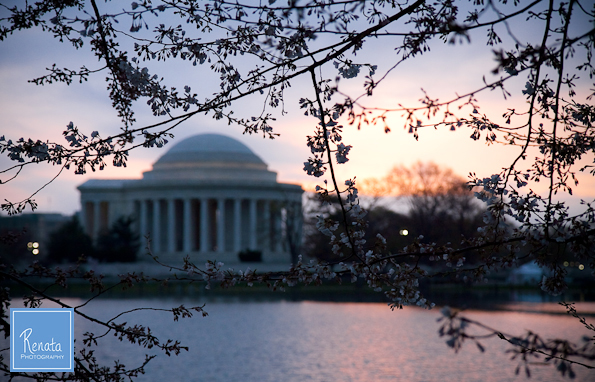























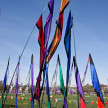

Renata,
Hello, how are you doing? God bless your work as you enrich the ministry of catechesis through your promotion of art!
In Christ,
Bill O’Leary
Hi Bill! So great to see you here! And thank you so much for your comment! I am well, just very busy juggling the photography business while keeping up with art and catechesis. How about you? Do come back to visit and please feel free to share your thoughts and comments!